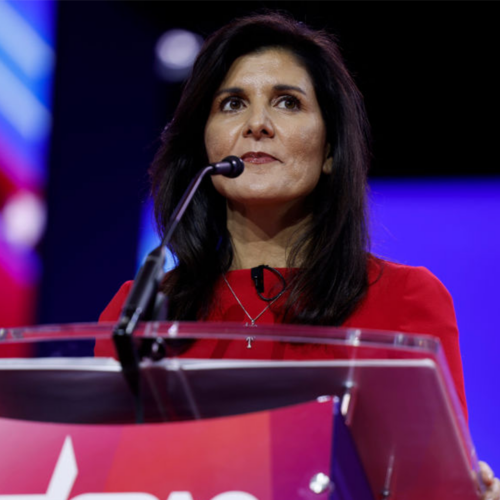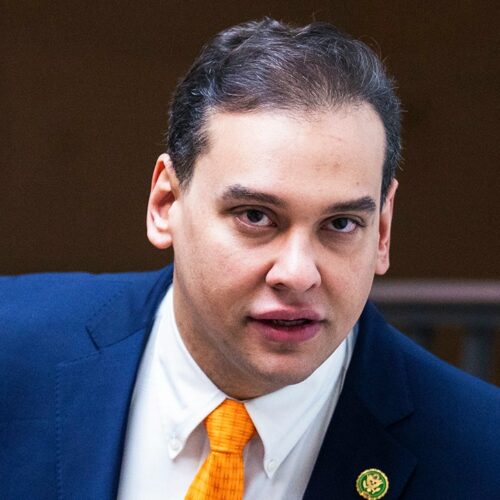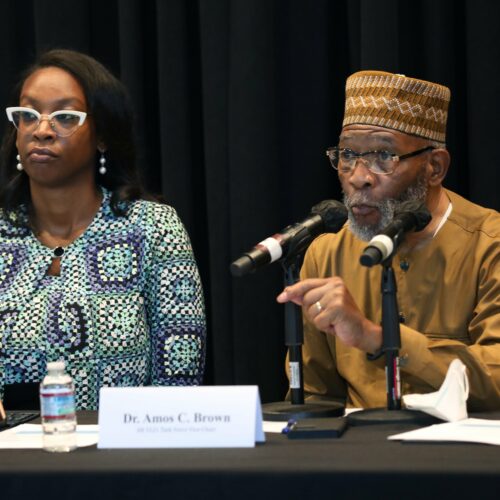The White House said Monday that diplomatic channels between the United States and China will not only stay open, but may “potentially expand” after President Biden’s meeting with Chinese President Xi Jinping at the G-20 last month.
White House National Security Council strategic communications coordinator John Kirby said that following the G-20, administration officials “are encouraged” by the dialogue between Washington and Beijing and plan to maintain “open” channels.
“We are encouraged that diplomatic channels of communication not only will stay open, but potentially expand,” Kirby said, noting that there are plans for Secretary of State Antony Blinken to travel to Beijing.
KIRBY SAYS BIDEN, XI MEETING WAS ‘NOT A RESET’ IN RELATIONSHIP BUT A BALANCING ACT
White House National Security Council coordinator for strategic communications John Kirby
(AP Photo/Manuel Balce Ceneta)
Kirby noted that officials are working through “the modalities of how those channels are going to stay open.”
Biden and Vice President Harris last month met with Xi at the G-20 summit in Indonesia in an effort to keep the “lines of communication open” following years of tensions between the United States and China – and warnings from top U.S. government officials that China poses the greatest national security threat to the country.
The meeting was the first time Biden and Xi met in person since Biden became president.
VP HARRIS, CHINA’S XI MEET TO ‘KEEP LINES OF COMMUNICATION OPEN’
A readout from the White House after the meeting said the two “exchanged views on key regional and global challenges,” like Russia’s aggression and threats of nuclear warfare. However, neither Beijing nor Washington said whether any developments were made regarding their differences of opinion when it comes to the war in Ukraine.
Blinken said last month he will travel to China early next year to discuss bilateral issues and maintain open lines of communication following Biden and Xi’s meeting.
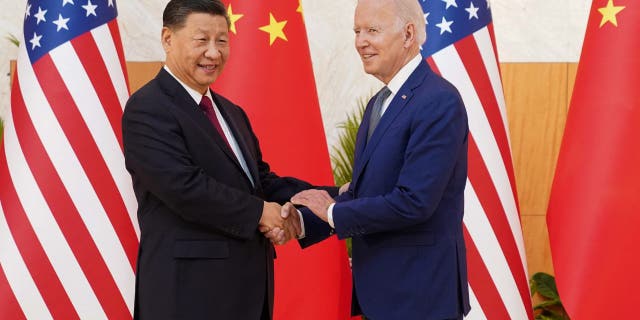
President Joe Biden shakes hands with Chinese President Xi Jinping on the sidelines of the G-20 summit in Bali, Indonesia, Nov. 14, 2022.
(Reuters/Kevin Lamarque)
China had suspended communications with the United States on key international issues over the summer in retaliation for the congressional delegation visit to Taiwan led by House Speaker Nancy Pelosi. At the time, the Chinese Communist Party announced it canceled all discussions of climate change, drug networks and military action with the United States.
The meeting in Indonesia between the two leaders, while re-opening communications, did not amount to a “reset” in U.S.-China relations, Kirby said last month.
US ‘OPTIMISTIC’ FOLLOWING BIDEN, XI MEETING, CHINA WARNS AGAINST WEAPONIZING FOOD, ENERGY
“There are still tensions. There are still things we do not agree with the Chinese about,” Kirby said at the time, noting that the United States and China need to “balance” their competing agendas.
Biden administration officials have warned of the national security threat China poses to the United States.
FBI Director Christopher Wray has said China poses “the biggest long-term threat” to U.S. economic and national security.
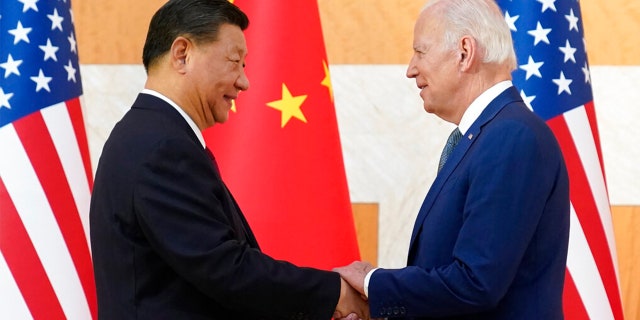
President Joe Biden and Chinese President Xi Jinping shake hands, Nov. 14, 2022, in Bali, Indonesia.
(AP Photo/Alex Brandon)
Intelligence community officials also have warned that state and local leaders are at “risk” of being “manipulated” to support “hidden” agendas by the Chinese Communist Party as China seeks to target officials outside of Washington to lobby for Beijing-friendly policies at the federal level.
CLICK HERE TO GET THE FOX NEWS APP
CIA Director William Burns has also warned that China is “the most profound test the CIA has ever faced,” calling Beijing a “formidable competitor lacking in neither ambition nor capability.”
Last year, the CIA created the China Mission Center in order to counter Beijing and “best position” the agency to address current and future national security challenges posed by China.


